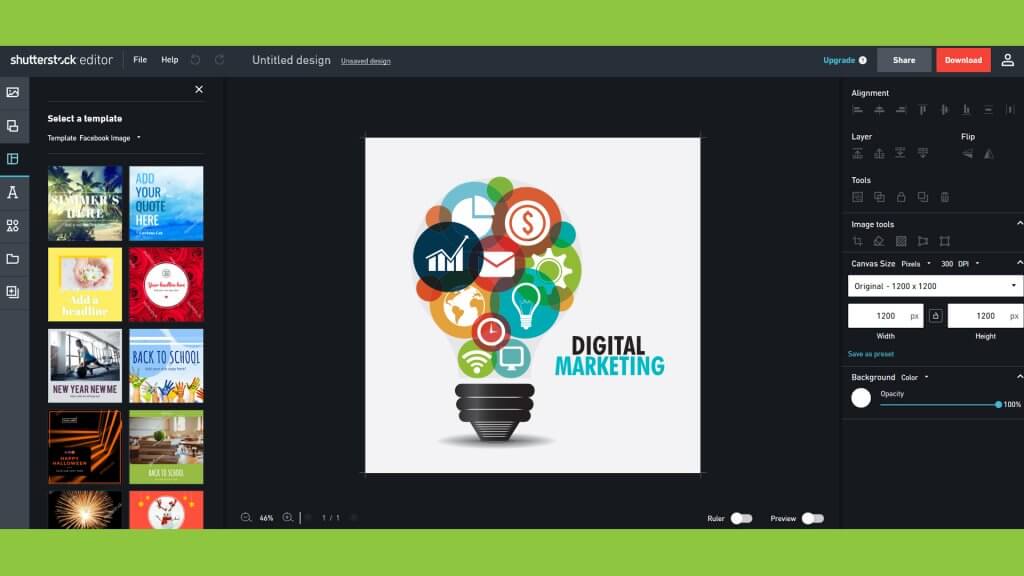Starting a new business is an exciting venture for any entrepreneur. Startup businesses are the lifeblood of the UK economy, and with technology so accessible and scalable these days, plenty of outstanding opportunities to reach customers and grow your brand present themselves.
While the internet grants plenty of new avenues to pursue it does also play host to dangers, one of the most prevalent of which is cybercrime. As a startup, it’s crucial to establish effective communication with your audience and prospective customers, and with remote working being commonplace, that’s likely to happen online in some capacity.
Therefore, as a startup company owner you need to ensure you are not going about your online tasks with a huge target on your back. This guide will look at the most crucial factors you need to consider when it comes to online security.
Why Cyber Security is Crucial for Startups
Firstly, cyber security isn’t just vital for startups – it’s essential for all sizes of businesses in every industry. Data breaches and hacks can put you, your brand and your customers in danger, and can sometimes lead to devastating financial and reputational damage.
It’s estimated that 54% of small businesses experienced some form of cyber attack in 2022, with many admitting that their cyber defences were inefficient.
The Department for Culture, Media and Sport’s recent report showed that data breaches – with material outcomes – cost medium and large businesses approximately £19,400. When small businesses are factored into the mix, the average data breach cost is £4,200.
Considering today’s financially-testing times, it’s vital to preserve valuable budget as well as reputation. Customer trust runs so deeply these days, and if they are caught in the crossfire of a data breach, you best believe the vast majority would stop engaging with your business following that. As a startup, you want to avoid that possibility at all costs.
The cyber threat landscape is growing and evolving by the day, to the point where hackers and criminals can avoid going undetected for a long time. It takes an average of 287 days to identify and contain data breaches – just think of what data and information could be compromised if a hacker was lurking in your systems and networks for that long.
It’s easy to assume that cybercriminals are not interested in small businesses or startups. After all, they are more likely to reap higher financial rewards by going after multi-million-pound corporations, aren’t they? Unfortunately, that’s not true – 43% of cyber attacks target small businesses.
Startups, sadly, make perfect prey for hackers, largely because they have insufficient security measures or have overlooked the vulnerabilities in their systems. It might not be information about you or your company that a hacker is after, but rather, the sensitive personal data of your customers or suppliers, who may well represent larger companies with more valuable assets.
As a sole entrepreneur, we’re not expecting you to set up a complex, large-scale, 24/7 incident response and monitoring operation. That kind of service is best left to experienced professionals. However, it is important that you remain aware of some vital security threats and preventative measures.
Types of Cyber Threats a Startup Business May Face
There are numerous ways in which hackers can target your data, but the most common methods are listed below:
- Phishing – Attacks (usually via email) that mislead users into clicking malicious links or downloading dangerous files that compromise their machines, allowing the hacker to access targeted data.
- Malware and ransomware – Malicious software that infects your machine and networks, with hackers sometimes demanding ransoms to decrypt data and re-grant your access to compromised systems.
- SQL injections – Hackers insert malicious code in websites or apps that do not have sufficient security mechanisms, gaining access to databases of the application and any stored data in the website back-end.
- Denial-of-Service (DoS) – When networks, servers or applications are flooded with unauthorised traffic to slow down response times or render the target site or application unavailable to users.
- Data breaches – When confidential or secure information is exposed knowingly or unknowingly, such as misdirected emails or responses delivered to contacts that are disguising themselves as legitimate customers or clients.
How to Implement Strong Cyber Security Measures for Startups
There is no one-size-fits-all approach to securing your startup business in the digital world. Ultimately, your chosen strategy will depend on your budget and what stage you are currently at during your business’s journey. As a loose guide, however, the below steps will provide food for thought.
Use a Reliable Antivirus, Firewall and Internet Security Solution
Most professional antivirus software has built-in internet security and firewall features that monitor your devices and networks 24/7 to prevent malicious software from being downloaded and stop phishing attacks. Free tools are good as an initial layer of protection, but as businesses grow their client base, upgrading to paid versions unlocks more sophisticated security features.
Invest in Professional Cyber Security Software
Sometimes hackers can bypass initial firewalls and antivirus solutions, and it’s easier for them to do so if you are using free versions. These don’t have all the more intuitive security features to keep your customer data secure.
Hackers are finding new methods to infect machines and networks to steal data, so you must ensure you have the most up-to-date cyber security tools at your disposal, especially once you start collecting data from customers. Keep this software up-to-date by downloading and installing regular security patches and following advice from the providers.
Secure Your Network(s)
If you have a WiFi network, ensure that it has a wireless access point and SSID so it is never publicly available. Encrypt the network so that anybody must enter a password to access it. Once you obtain a router from your provider, change the default password on the device to a secure one. This is vital, particularly if you plan to use VPN connectivity for remote workers.
Use HTTPS with SSL Encryption
SSL (Secure Sockets Layer) encrypts the connection between a server and a browser, preventing hackers from accessing standard HTTP requests. You’ll know a site server has enabled SSL by noticing a secure padlock icon in your browser’s address bar.
For your business website, ensure that you configure SSL encryption from a certified authority, to safeguard any customer data and information. If you don’t, you’ll be putting data more at risk and also harming your chances of ranking in search engines.
Establish a Complex Password Policy and MFA
As your company grows, it’s crucial that your employees recognise the importance of taking security seriously. For every login that’s shared, ensure each team member and administrator uses a unique and complex password, that’s hard to remember. The risks of weak passwords must be highlighted to all staff, as they are one of the easiest ways for hackers to access systems.
MFA (multi-factor authentication) is another vital security step. This provides a mechanism to double-check and verify the individual identity of someone trying to access a system, once the username and password have been entered. One of the best ways to tick both boxes is to use an online password generator, which creates secure passwords for each login, and also authenticates users on entry.
Maintain Multiple Backups
Back-up solutions add another layer of security, particularly if you use a secure cloud storage solution alongside any physical networks and devices.
Start by creating local backups of all your data, restricting it as you see fit with relevant user permissions or even encryption. Then go a step further by storing information in a secure cloud infrastructure that backs up automatically.
Some cloud storage providers may be able to offer private, public or hybrid storage, and even cloud web hosting.Other providers may be able to offer substantial amounts of storage space and higher security than physical private servers, so it’s worth considering.
Most providers will advise you on how they ensure optimum server runtime and data security policies. You can also approach them about disaster recovery procedures to retrieve data in case you suffer a breach.
Educate and Train Your Team About Security
Create a work culture that prioritises and embraces cyber security. From the outset, educate all new employees about the security steps you take and the responsibility they have. Lead by example, showing diligence to your company and customer information security. Train your employees and managers on new guidelines and principles for handling sensitive data. Implement a cyber security policy that holds you and your employees accountable.
Most breaches occur due to human error, so it’s vital that everybody, regardless of experience or seniority, is on the same page regarding proper security practices to avoid any exploitation.








